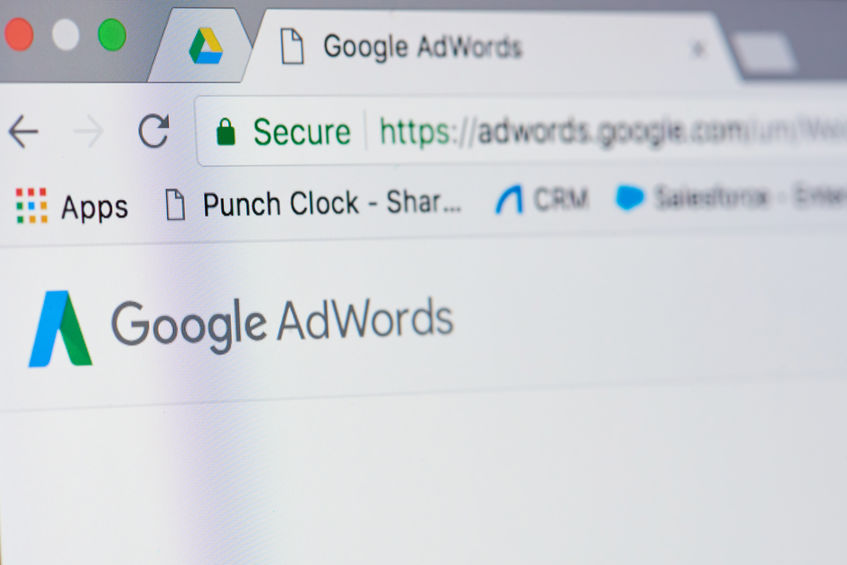So, you’re looking to make the investment into Google Ads, but you’re wondering about one key piece–perhaps the most important–in particular. How much will it cost?
Though your advertising expenditures will be dependent on several factors, it is particularly important for you, as a potential advertiser, to fully understand what goes into a Google Ad so that you can better plan your budget and project your long-term ROI.
Here’s what you’ll need to know:
Know your landscape
Before you make your initial investment, you need to outline how your Google Ads campaign integrates into your existing marketing mix. Will your Ads campaign be used to supplement your existing efforts, or will it be the primary marketing tactic? If the later is true, you will want to account for the additional spend within your overall budget.
Next, you’ll want to take a look at what your market competitors are spending on their ads. There are several tools available that will provide you access to this information, ranging from general oversights to specific facts regarding keywords, ad content and what/how your competitors are fairing with their unique bid options. Additionally, if you want to keep things in-house, or more lowkey, you can utilize the Google Ads Keyword Planner tool, which is completely free and allows you the capability to generate keyword ideas, provide bid estimations and even project performance.
Understand your advertising goals
Before you even think about beginning your campaign, you should be solidifying your advertising goals. These goals should reflect exactly what you’re looking to achieve from your campaign efforts, like more website traffic, greater brand awareness or more rental applications, just to name a few. Then, you’ll need to dig a little deeper. Think about how you will define conversions? Will it be after a user submits an application or simply contacts you? By defining these goals, you can better cater your Google Ads campaign features to meet your needs and budget.
Choose your cost-per-click
The wonderful part about Google Ads is that you only pay when a user actually clicks on your ad. Google uses an auction format to configure ad placement as well as the cost of your ad. If a user’s search query corresponds with a keyword that is actively being bid on, then your ad has the potential to be displayed. The placement of your ad, in combination with your designated cost per click, will ultimately determine where your ad will rank on Google.
After fully grasping the cost per click methodology, reviewing the competition and determining your advertising goals, you’ll then be ready to establish your cost breakdown per month and day. Google Ads allows you to set an average daily budget for your campaign with the option to adjust at any point. This daily budget encompasses what you’d be spending daily throughout the span of one month. A simple formula for this is “Monthly budget / Average number of days per month = Daily budget.” For a frame of reference, the average cost-per-click for the real estate industry on the search network is $2.37 and $.75 on display. While this is only an average, you should ultimately pick the limits that you are most comfortable with spending.
Rentbot can help.
If you’re new to the Google Ads scene, we can work with you to fast track your lead generation. We’re Google-certified and experienced in helping multifamily communities like yours experience immediate website traffic and higher quality leads with measurable results. And, if money is still on your mind, we’ll also work with you to take total control of your budget, aligning your spend with your occupancy levels, so if you need to pause or restart your campaign for any reason, we can easily take care of that with one click.
Take your marketing to the next level and get found with Google Ads. Learn how you can get started immediately and start testing your campaigns.
About the Author
Jonsette Calloway joined the Rentbot team in 2015. With a background in public relations, advertising and copywriting, she has helped a multitude of clients achieve their marketing and communications goals within various fields, but she particularly enjoys working with the apartment industry.

